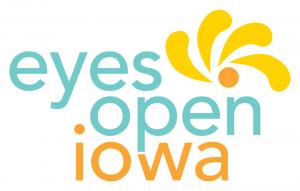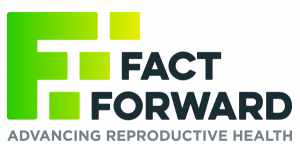Providing quality sex ed is more than just anatomy and pregnancy. But how do you focus on all the stuff that matters to help students making informed and healthy choices?
The Teacher’s Guide has 8 units (listed below) to cover the basics of what you need to know. Go through all 8, or pick and choose what works best for you. Review the units in any order, at your own pace.
Lesson 1: Puberty & the Reproductive System
This unit covers learning pointers about teaching about puberty and reproduction.
Lesson 2: Preventing Pregnancy & Infection: The Basics of Keeping Safe
This unit covers learning about condoms and contraception when teaching sexual health education, HIV/STI prevention, and/or family life education.
Lesson 3: HIV & STIs: Making Sense of Being Safe
This unit covers learning about HIV and STIs (sexually transmitted infections) when teaching sexual health education, HIV/STI prevention, and/or family life education. Understanding how HIV and STIs are spread is critical information for students to learn. It can also be a challenging topic to understand and teach about.
Lesson 4: It’s Not Just What You Say: Techniques & Approaches for a Healthy Sex Ed Class
This unit covers learning about how to create and maintain a comfortable environment teaching sexual health education, HIV/STI prevention, and/or family life education.
Lesson 5: Knowing the Law: Laws & Policies Related to Teaching Sex Ed
This unit covers learning about the laws and policies that are relevant to teaching sexual health education, HIV/STI prevention, and/or family life education.
Lesson 6: Responding with Confidence: Answering Sensitive Questions & Maintaining Boundaries
This unit covers how to answering sensitive or challenging questions from students when teaching sexual health education, HIV/STI prevention, and/or family life education.
Lesson 7: Sexuality & Gender 101: Explaining Concepts of Gender & Sexuality
This unit covers how to talk about gender and sexual orientation particularly when teaching sexual health education, HIV/STI prevention, and/or family life education.
Lesson 8: Talking about Getting Along: The Basics of Teaching Students about Healthy Relationships
This unit covers how to teach about healthy relationships when teaching sexual health education, HIV/STI prevention, and/or family life education.




